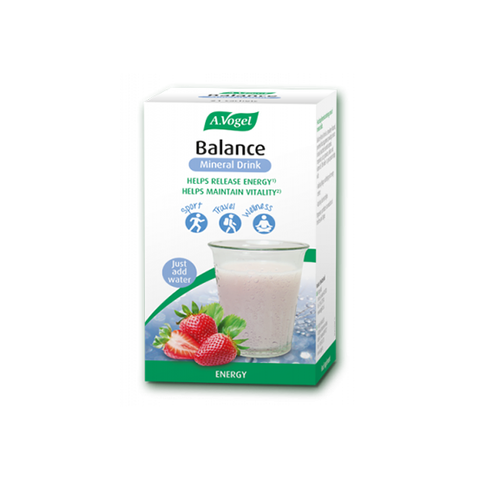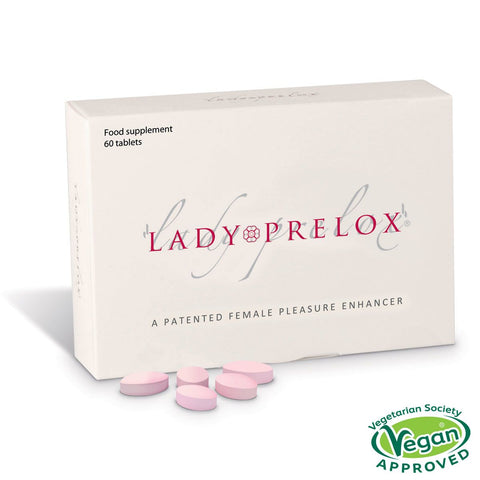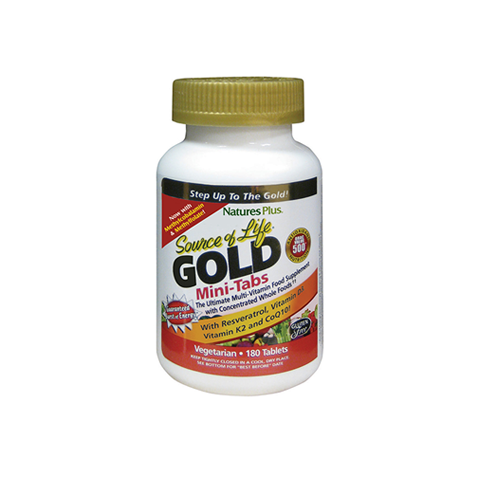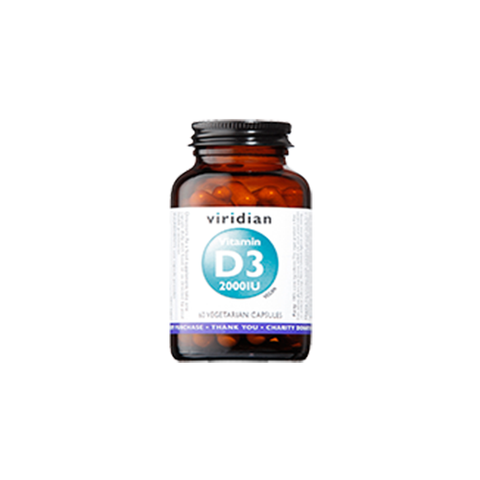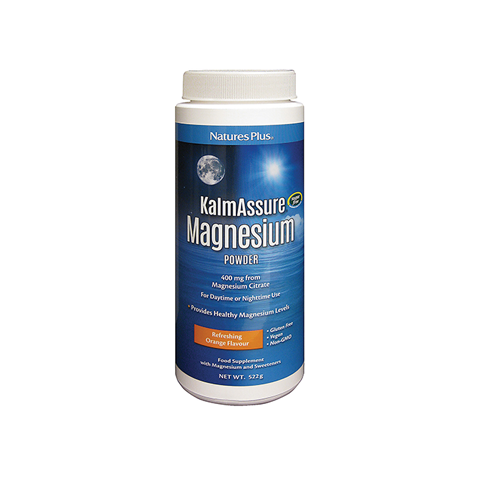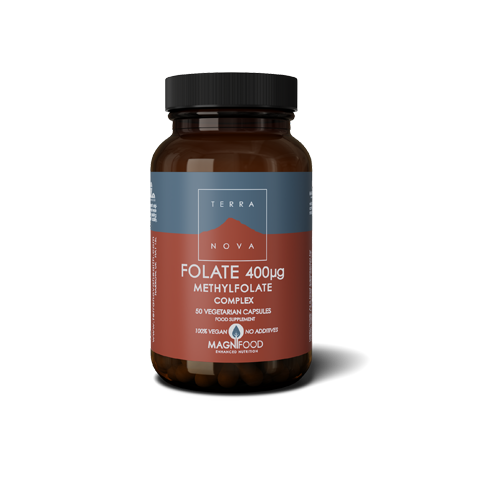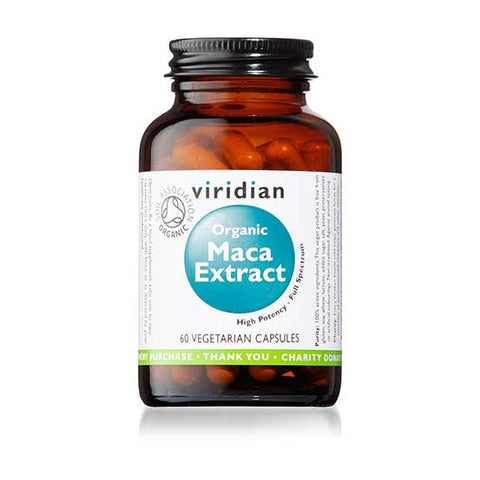Kelp tablets

Kelp contains iodine, supporting metabolism and normal thyroid function
Kelp, sometimes also known as Sea Kelp, refers to a group of brown algae or seaweed. It is said that there are more than 30 related species, although it will be true that some are probably still to be discovered.
Kelp grows at the bottom of relatively shallow parts of oceans in ‘kelp forests’ and thrive best in nutrient rich sea at temperatures around 10oC. Although kelp may be found in the seas of many parts of the temperate world, they appear to grow particularly well in the Pacific Ocean.
Sea kelp has been used in healthcare for many centuries. It was eaten firstly as a food and many cultures (such as the Japanese) still value seaweed as part of their daily diet. Kelp contains a variety of nutrients, especially iodine, and it is for this reason that people use it to help maintain the normal functioning of the thyroid gland.
Apart from its use in natural healthcare, kelp has been used in a number of industrial processes. Kelp ash has been used in the manufacture of soap and glass; a substance known as alginate derived from kelp seaweed is used to thicken foods such as ice-cream, jelly, salad cream and toothpaste. This alginate has also been found to have the ability to bind to, and prevent fat-absorption.
Ingredients:
Each tablet contains powdered Kelp (Macrocystis pyrifera). Also contains microcrystalline cellulose, pregelatinised potato starch, maize starch, soya polysaccharide and magnesium stearate (vegetable source).
Each 250mg tablet provides 50μg of iodine.
Kelp, sometimes also known as Sea Kelp, refers to a group of brown algae or seaweed. It is said that there are more than 30 related species, although it will be true that some are probably still to be discovered.
Kelp grows at the bottom of relatively shallow parts of oceans in ‘kelp forests’ and thrive best in nutrient rich sea at temperatures around 10oC. Although kelp may be found in the seas of many parts of the temperate world, they appear to grow particularly well in the Pacific Ocean.
Sea kelp has been used in healthcare for many centuries. It was eaten firstly as a food and many cultures (such as the Japanese) still value seaweed as part of their daily diet. Kelp contains a variety of nutrients, especially iodine, and it is for this reason that people use it to help maintain the normal functioning of the thyroid gland.
Apart from its use in natural healthcare, kelp has been used in a number of industrial processes. Kelp ash has been used in the manufacture of soap and glass; a substance known as alginate derived from kelp seaweed is used to thicken foods such as ice-cream, jelly, salad cream and toothpaste. This alginate has also been found to have the ability to bind to, and prevent fat-absorption.
Ingredients:
Each tablet contains powdered Kelp (Macrocystis pyrifera). Also contains microcrystalline cellulose, pregelatinised potato starch, maize starch, soya polysaccharide and magnesium stearate (vegetable source).
Each 250mg tablet provides 50μg of iodine.
Related Product
You may also like
FROM_JS
jsprice
jsprice
FROM_JS
FROM_JS
Add to cart
Added
Limit Products
Wait..
Translation missing: en.general.search.loading
x

